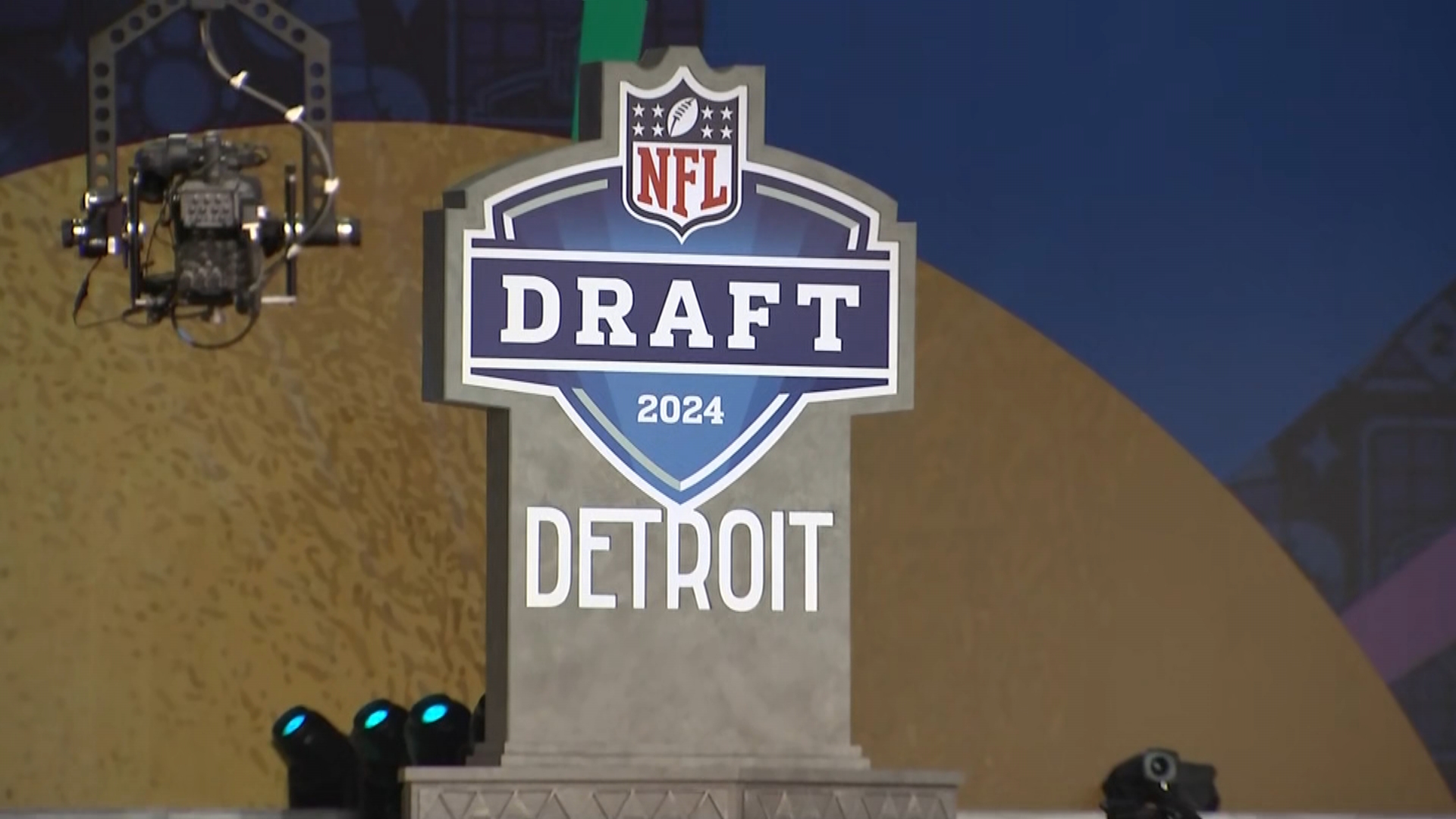There's a reason why Evan Jager's dad won't make another bet with his son, at least when it comes to running.
The Algonquin runner has exceeded even his own hopes so far for the trials, making him a favorite for the Olympic gold as he races in his first-ever Olympic Games.
Jager sped trhough the qualification round, where he intended to hang back and place in the top four, but held the lead for the last two laps and ended in a close second.
The long-haired runner is known for his ability to take off in the final laps, a technique that will hopefully bring him to the gold.
Jager's dad probably didn't epxect that a bet with his young son might be the kickstart to an Olympic career, but he only challenged his son with a prize once back when Jager was a seventh-grader running six-minute miles and it cost him a Mustang.
“For some reason he asked me how fast I thought I could run eventually," Jager said, "and I don’t know why, but I told him I could run a five-minute mile. I mean that was a lot of time to cut off to be able to kind of achieve that and win that little bet. But he didn’t laugh at me when I said that, and he just kind of smiled and shook his head and said, 'Alright if you can do that I’ll get you a car.'”
So Jager ran faster and faster and eventually earned himself a Mustang.
Local
“It was a good bet on my part,” Jager said. “I love that car and I drove it around all of high school. I still have it and drive around whenever I’m back in town. My dad didn’t make any more crazy bets after that though.”
Jager’s continued improvement made his running career legendary at Jacobs High School. Students from competing high schools still talk about his speed.
“I tried not to be [intimidated]," said Ryan Weber, a former Cary-Grove High School runner who often raced against Jager, "but it’s difficult not to when you lose sight of him after a half mile into the race."
Jager said he didn’t even run full force in his high school competitions, reserving ultimate speed for state competitions. Still his local successes were mild compared to the ones he dreamed up in his head.
“I always set the bar kind of high for myself," he said. "Even in high school I remember thinking that making the Olympics was something that I definitely wanted to achieve and thought it was a possibility."
Though his mind tended to wander, Jager’s dad and coaches didn’t let his dreams roam in the clouds for too long and instead kept him focused on those smaller, achievable goals.
Whether it was winning state meets or earning a college scholarship, the “little” things kept Jager grounded.
“The [car] bet was something I could place in front of myself and it was something that I could work towards,” said Jager. “And my coaches definitely did the same thing with me throughout high school and even my coach right now has done the same thing. We’ve definitely set some pretty lofty goals and it’s definitely something that’s kept that carrot dangling in front of me.”
Those “lofty goals” led Jager to win first place at the Olympic trials in an event he had only competitively raced twice.
Jager was originally a 5k runner, an event he gained success for after he traded his collegiate career at University of Wisconsin-Madison for a professional career with Nike in Portland, Ore.
A 2010 injury quickly hindered Jager’s progress, forcing him to turn a year of racing into a year of rehabilitation. The break, however, turned out to be just what he needed.
In his first 3,000-meter steeplechase race, Jager’s goal was to keep up with noted Illinois runner Dan Huling, but at the Olympic trials, the fire under Jager’s toes rushed him past the other runners in the last lap and earned him an Olympic slot.
“There was no better feeling than running down that home stretch knowing that I had the win in my hands and I was going to be going to London,” he said. “It’s got to be every track-and-field athlete’s dream to make the Olympics. That’s the biggest checkpoint in our sport. It’s how our sport measures success and it’s always been a dream of mine pretty much since I started running.”



